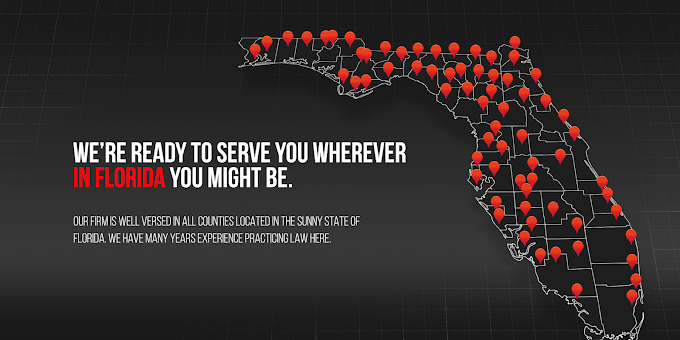






Embark on the journey to clear your record in Florida with the Florida Expungement Application.
This guide outlines the step-by-step process, ensuring a comprehensive understanding of how to file your application for sealing or expunging records. Navigate the complexities effortlessly and regain control of your life with Florida expungement application. Without further ado, let’s start!

Commence the process by obtaining the Seal or Expunge application from FDLE (Florida Department of Law Enforcement) . You can either print it or request an application by calling FDLE’s Expunge Section in Tallahassee. Complete the top part of the FDLE expungement application form, sign it, and have it notarized by a notary public.
Read this article for the detailed expungement application process in Florida.
A critical step in the expungement process is obtaining a certified copy of the disposition of the case. Visit the Criminal Court Clerk’s Office. Take note that there is a fee for this certified copy, and the main office is usually located in the Richard Gerstein Justice Building.
Visit your local police department and ask them to imprint your fingerprints on a fingerprint card or the fingerprint page available on the FDLE website.
Please note that certain police departments may impose a fee for this service. Be sure to complete the upper section of the fingerprint card with your identifying details, such as your name, race, sex, date of birth, and social security number. Remember to affix your signature on the card.
If your intention is to have your case sealed (if you entered a plea or were found guilty), take note of the following FDLE expungement checklist and send them to the Florida Department of Law Enforcement:
To initiate the expungement process, fill out the FDLE Application for a Certificate of Eligibility for Expunction (s. 943.585, F.S.). Cases that have been successfully expunged must satisfy particular criteria:
Enclose the certified copy of the case disposition along with your expungement form. The Miami SAO offers this service without charge. After receiving the application with Section B completed, proceed to send the finalized application, including the case disposition, fingerprint card, and the fee to FDLE in Tallahassee. As you might not know, one can expunge his/her record for free in Florida. Read this article for more.
FDLE will assess your criminal history to establish eligibility for sealing or expunging your case, a procedure spanning two to four months. Conducting a comprehensive criminal history records check in Florida and the United States, this process typically takes about a month. Upon completion of the application review, FDLE will send one of three items:
However, when working with us, cases are typically expunged within 3-5 months, with an average duration of 90 days. Sealing processes take 2-3 months, averaging under 60 days.
Read More: How Long Does Expungement Take in Florida?

Determining who can expunge a felony offense in Florida relies on the eligibility requirement, including the following:
To check your eligibility for expungement in Florida, click here. Eligibility results in under 2 minutes!

services. We navigate the complex legal process to clear your record and regain control of your life by doing all of the work on your behalf, from beginning to end, while providing you with case updates at every turn.
Here are the top reasons why you should hire Erase the Case:
Read More: Expungement Lawyer Costs & Fees in Florida (2024 updated)

























